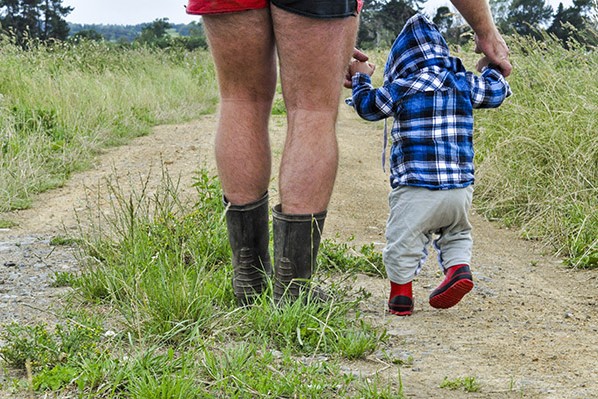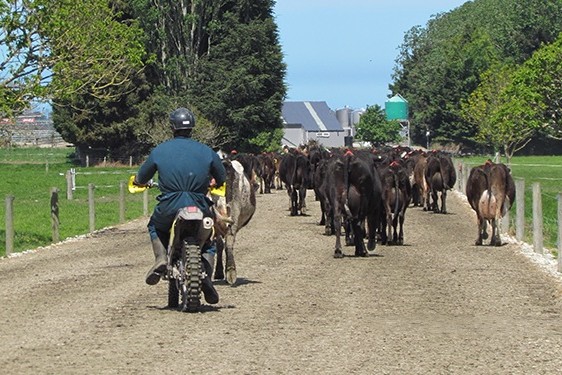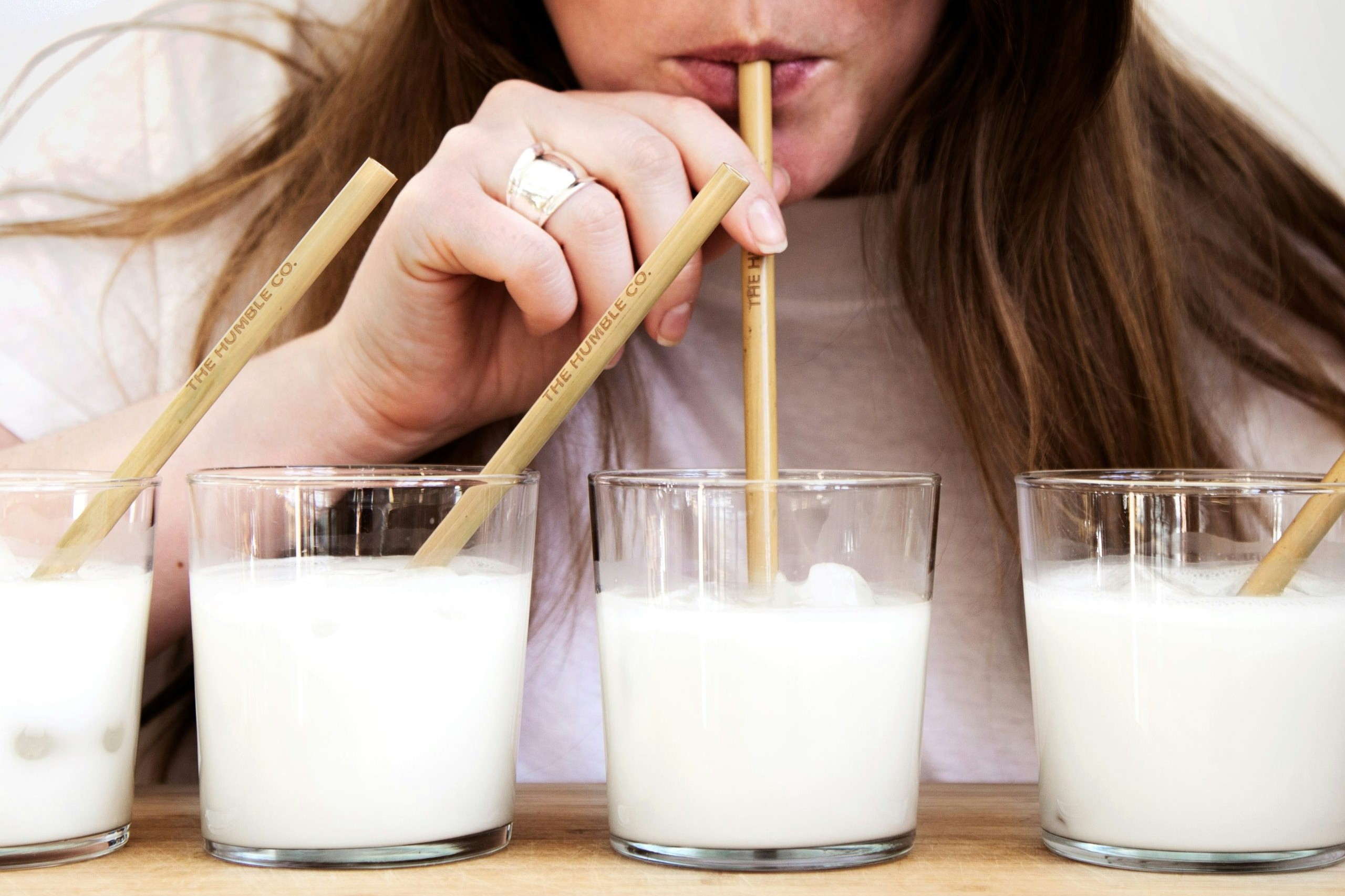Sharing a yarn on close calls could save a life, Harriet Bremner writes.

LAST MONTH I TOUCHED ON WHAT IT could feel like being left as a widow after losing someone in a farming accident and this month I wanted to extend into chatting about how we can have important life-saving chats before we lose someone.
Let’s talk about the holes in the cheese. Where is she going with this, you say? Never fear, I have a point… I promise.
If you put enough holes in a piece of cheese eventually there will not be enough cheese left to actually hold the block together and thus it breaks or falls apart.
This is what leading up to having a farming accident can look like. Holes in the cheese.
We talk about this in aviation… a lot. We cover ‘Am I fit to fly?’ before we go flying as we know that a pilot with a maxed-out mental capacity is not going to be able to make safe decisions, therefore putting themself and others in unnecessary danger.
Imagine this:
Phil is a farmer. Phil works really hard, and is always busy, rushing from one thing to another,
squeezing in that last job at the end of each and every day. He has no time to go to kids’ sports, Christmas parties, birthdays, school events or – God forbid – on a holiday because he lives on the farm and there is work to be done. Sound familiar?
Phil is always riding the edge of the wave, always cutting things fine. He cuts corners because he couldn’t possibly find extra time to do it properly and this bites him later. He barely sleeps and when he is in bed he lies awake worrying about ‘all the things that he didn’t get done because it rained, because it didn’t rain, because the milk price dropped and he couldn’t justify paying an extra staff member, because the tractor broke down (because he never took it to get serviced because he didn’t have time – ironically), because… because… because.
Phil’s wife has tried to ask him to slow down, to stop, to spend more time with his family, to be careful and so on… each time he has brushed her off. He’s fine, he’s busy, he’s trying to provide and no one else does the job as well as him.
You get my drift.
Phil has this constant funny feeling in his stomach, at times a lump in his throat when he adds another hole to his cheese. They’re those near-life-ending moments but you walk away without a scratch, just that shiver down your spine and a hole in your cheese. Phil knows it was a close call, that ‘shit’ moment could have been a trip to A&E or the public notice for his funeral, yet he has these moments over and over, it is like surviving each one gives him permission to keep doing it.
There are more and more of these moments, maybe a sleeve is ripped off by the auger whose guard had been removed, maybe you were distracted driving the motorbike and when you do look where you are going you are nearly off a bank.
Phil is; rip, shit and bust, let’s be frank.
Phil’s last crumbling hole is when he is on the last job of the day on a Friday. It has been another ‘busy’ week (for lack of a better word) and he is starting to think about beer o’clock. He is racing along a paddock that he is in every single day, thinking about all the things he didn’t get done, feeling sleepy at the same time thinking about the cold beer that awaits him when BAM, his bike has rolled on top of him. Phil is dead.
How did it happen? He was so busy trying to frantically get that last job done while being physically and mentally exhausted that he failed to actually watch where he was driving because he knows that paddock and it’s flat so nothing to worry about right? Unknown to Phil, the K-line had been moved and was hiding in the long grass and as he turned his front wheel caught and flipped him.
This is the final hole in the cheese – you don’t get away with cheating an accident or death forever, eventually, it catches up on you. The thing you do every single day will kill you because you are complacent. Risk can be anywhere.
We need to see those close calls as a sign to slow down or stop. Step back and think about why it happened, it should not be an excuse to make the same mistake over and over again. Do you have a story to share with your workmates? Something you did that you, on reflection, have learnt from? Sharing your yarn could ultimately help save someone else’s life, don’t let someone else make the same mistake that you did as they might not be so lucky as to walk away.
No one gives you a medal at the end of the day for telling everyone how ‘busy’ you are and no one will thank you for having to attend your funeral.





